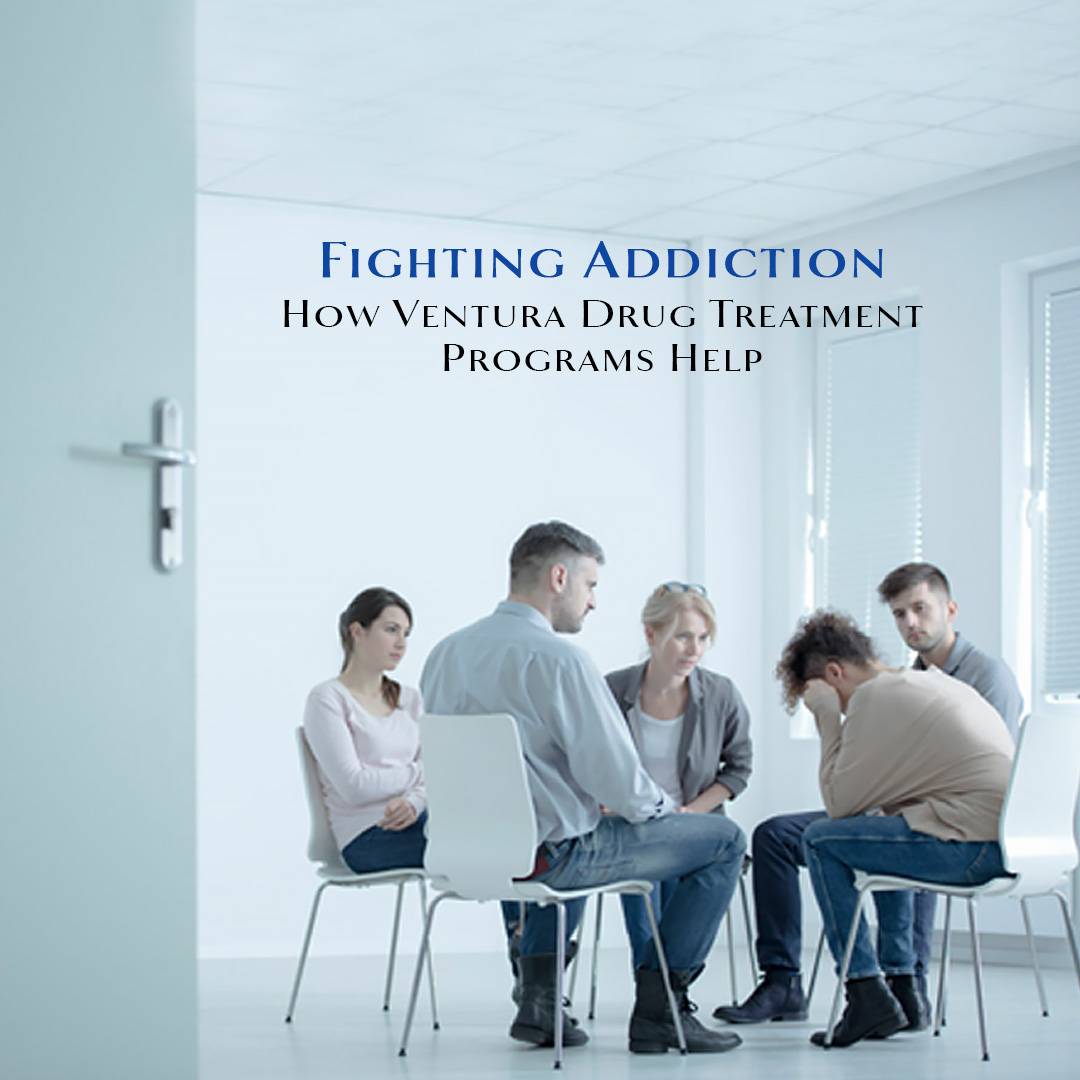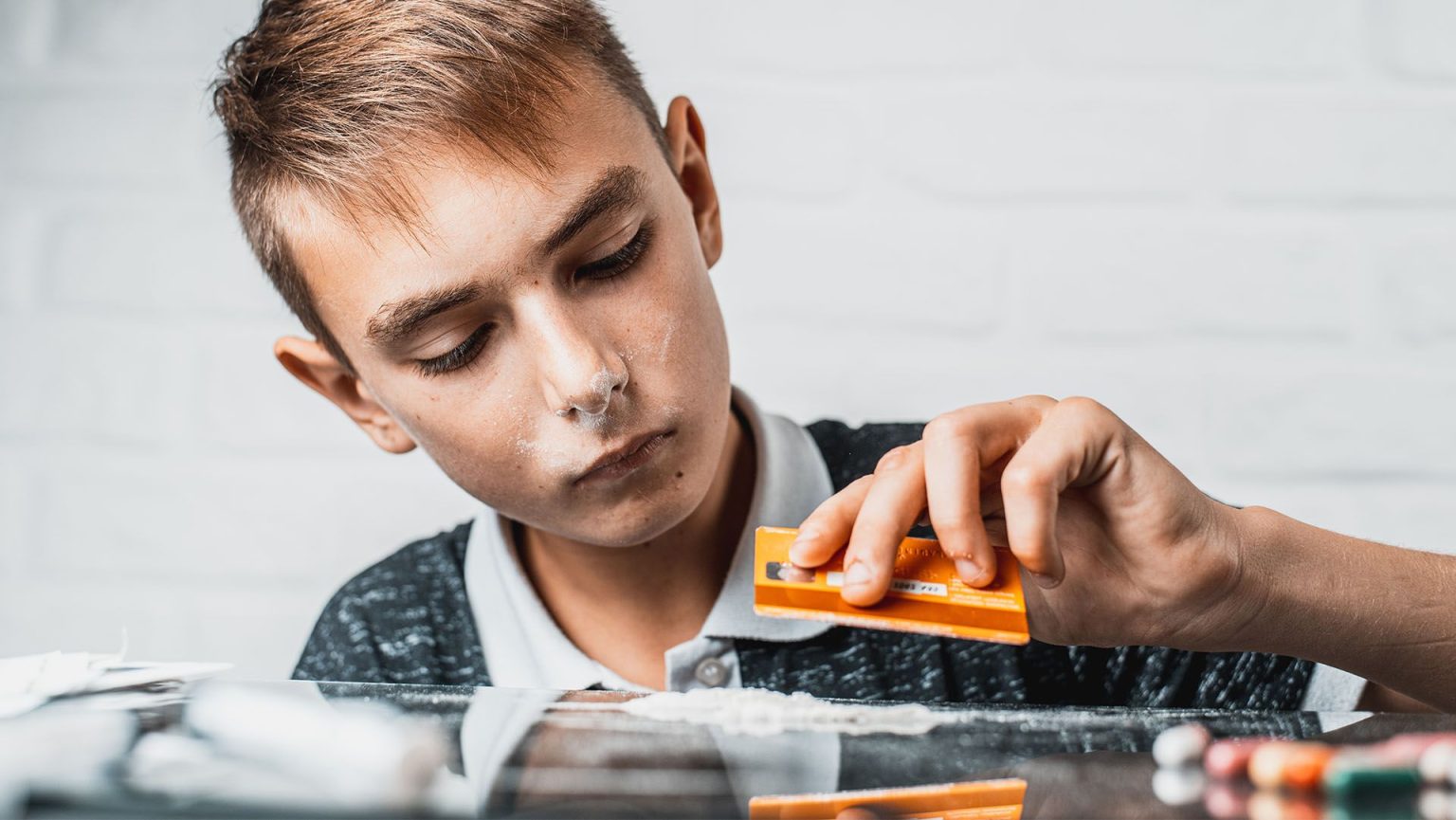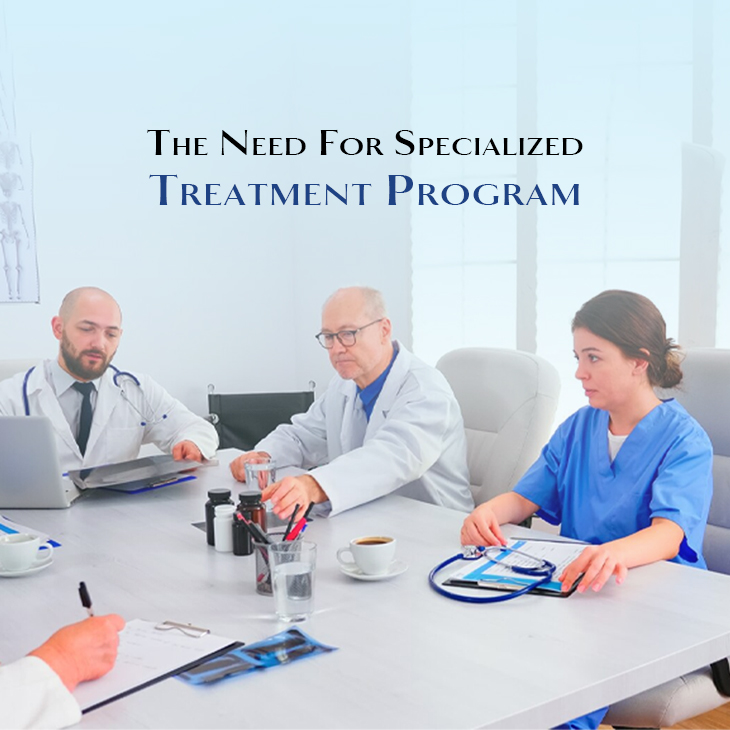Mental health is an essential part of our well-being, yet stigma often shrouds discussions around it. This stigma, coupled with the impact of drug abuse on mental well-being, creates significant challenges for individuals. Drug treatment programs here offer vital support, emphasizing holistic approaches to recovery.
Ventura County drug treatment programs are breaking barriers by promoting understanding and acceptance. Individual therapy creates safe spaces for personal exploration, fostering one-on-one connections to address specific needs. Meanwhile, group therapy fosters solidarity, allowing individuals to share experiences and learn from each other in a supportive environment. These programs not only provide tools for managing mental health but also cultivate a sense of community.
In this article, learn the insights on how the treatment programs and therapy approaches may be beneficial for you or in saving your loved ones.
Why People Turn to Drug Abuse – Root Causes and Concerns
Personal struggles and environmental factors lead people to drug abuse. Some may seek drugs as an escape from stress, trauma, or overwhelming emotions. Peer pressure, curiosity, and a desire for acceptance or fitting in can also drive individuals toward substance use. Mental health conditions like anxiety, depression, or untreated trauma are significant contributors too.
A recent study by Smith et al. (2022) highlighted how adverse childhood experiences significantly increase the likelihood of turning to drugs as a coping mechanism, emphasizing the need for early intervention and support systems to prevent substance abuse. Smith, J., et al. (2022). “Adverse Childhood Experiences and Substance Abuse: A Longitudinal Study.” Journal of Behavioral Health and Addiction, 10(3), 215-227.
Concerns about drug abuse include health risks, addiction, strained relationships, financial problems, and legal issues, underscoring the importance of addressing underlying causes and providing accessible support for those at risk.
Is Treatment Necessary?
Treatment for drug abuse is crucial because it helps individuals overcome addiction and regain control of their lives. Many people view it as a necessity rather than a luxury because drug abuse can have severe consequences on health, relationships, work, and overall well-being. While some treatment options might seem expensive, there are various accessible programs and resources available, especially in communities, making it possible for many to access help. Every treatment center differs from the other in terms of services and the facilities they provide, a rehabilitation center in California may be different from the one in Los Angeles.
Individual Therapy and Group Therapy
Individual therapy allows for personalized attention, where a person can work closely with a therapist to address their specific issues, triggers, and underlying reasons for drug use. This helps them develop coping strategies and understand themselves better. Group therapy, on the other hand, brings people facing similar challenges together, creating a supportive environment where individuals can share experiences, offer mutual support, and learn from each other’s journeys. Both forms of therapy play essential roles in recovery, offering different but complementary approaches to support individuals on their path to a drug-free life. Overall, individual therapy and group therapy are crucial elements in making drug abuse treatment effective and accessible to those who need it.
Which is better?
Neither therapy is definitively “better” than the other. Individual therapy and group therapy offer unique benefits in their own way, and the choice often depends on personal preferences, the nature of the issue, and the individual’s comfort level with sharing in a group. Some people find a combination of both therapies to be most effective in addressing their needs. Ultimately, the most suitable therapy depends on what works best for each individual in their journey towards healing and recovery.
Ventura County Drug Treatment Programs
Ventura County Drug Treatment Programs are shaping the way treatments related to drug abuse are evolving. These programs provide a range of services, including counseling, therapy, medical support, and skill-building activities. They create a supportive environment where individuals can focus on recovery without distractions. These programs are designed to meet different needs, offering options like residential treatment, outpatient services, and support groups. Overall, Ventura County’s drug treatment programs aim to support individuals in their journey towards a drug-free and healthier life.
Residential Treatment Programs
These are crucial in helping people recover from drug abuse by offering a structured and supportive environment. These programs provide a place where individuals can live on-site for a specific period, typically ranging from a few weeks to several months. During this time, patients receive comprehensive care, including therapy, counseling, medical support, and skill-building activities.
These programs allow for intense focus on recovery without distractions from the outside world, aiding in breaking addictive patterns and learning healthy coping mechanisms.
The duration of residential programs can vary based on individual needs and the program’s design. Some last for 30 days, while others can extend to 60, 90, or even more days, depending on the severity of the addiction and progress made during treatment.
Numerous rehabilitation center in California offers residential treatment programs. These centers cater to individuals seeking intensive care and support for drug addiction, providing a safe and structured environment to facilitate healing and recovery.
SMART Recovery Program
The SMART Recovery program plays a significant role in helping people recover from drug abuse by offering a science-based approach focused on self-empowerment and self-reliance. It stands for Self-Management and Recovery Training. This program provides tools and techniques to individuals struggling with addiction, emphasizing self-control, motivation, and coping strategies to overcome substance abuse.
SMART Recovery programs are considered effective for many individuals as they offer practical skills and a supportive community. Participants learn practical tools to manage cravings, handle urges, and address underlying issues contributing to addiction. These programs typically involve group meetings where members share experiences, support each other, and learn new skills for maintaining sobriety.
Overall, the SMART Recovery program serves as a valuable resource for individuals seeking an alternative to traditional 12-step programs, providing practical tools and a supportive community to aid in their journey toward recovery from drug abuse.
12-Step Program
The 12-Step Program is essential in helping people recover from drug abuse by providing a structured framework for support and healing. It involves a series of steps focused on admitting powerlessness over addiction, seeking help, making amends, and supporting others in recovery.
These programs, like Alcoholics Anonymous (AA) and Narcotics Anonymous (NA), are considered effective for many individuals as they offer a supportive community and a proven approach to overcoming addiction. They encourage accountability, self-reflection, and spiritual growth, helping individuals break free from substance abuse.
Cognitive Behavioral Therapy (CBT)
Cognitive Behavioral Therapy (CBT) is important in helping people recover from drug abuse by focusing on changing thoughts, emotions, and behaviors related to addiction. It helps individuals recognize and modify harmful patterns of thinking that lead to drug use.
These programs are often effective as they teach practical skills to manage triggers, cravings, and stressful situations without turning to drugs. CBT helps individuals develop coping strategies and problem-solving skills to prevent relapse.
The duration of CBT programs can vary based on individual needs and the severity of addiction. Some might engage in CBT for several months, attending regular sessions, while others might participate for a shorter time, depending on progress and personal goals.
CBT plays a crucial role in drug abuse recovery by teaching practical skills to change thinking patterns and behaviors, providing tools to maintain sobriety and improve overall well-being.
Wrap Up…
Ventura County drug treatment programs are quite effective and are an essential step that needs to be taken towards recovery from drug abuse. Under the supervision of expert medics, you can have an easy recovery journey. With these treatment programs, be proud of your past and make a better future for yourself.













